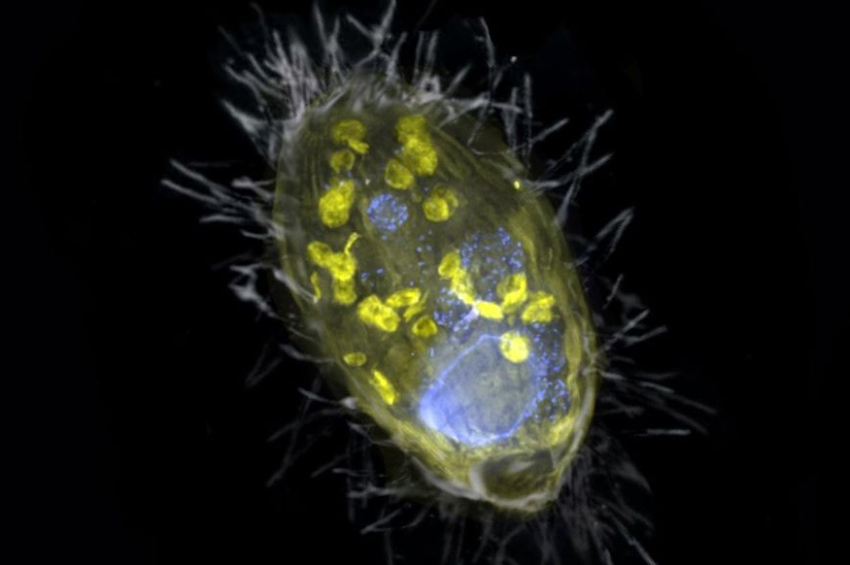Genetic editing is likely to catalyze the development of cancer
In the field of medicine and molecular biology, the method of genetic editing, which allows scientists to isolate any genetic material and modify its function - known as CRISPR (clustered regularly interspaced short palindromic repeats), is known as a lifesaver in perspective for a series of diseases and infections.
On the other hand, researchers at Tel Aviv University in Israel claim that intervention in the human genome could catalyze the long-term development of cancer. In a study published in the journal "Nature," they demonstrate that the CRISPR-Cas9 method, associated with protein 9, rearranges the modified parts of DNA, affecting genetic stability and endangering the integrity and health of cells.
The CRISPR technology, which emerged a decade ago, is currently being tested for the innovative treatment of hereditary diseases, the elimination of genetic defects, the obtaining of crop plants with a higher concentration of nutrients, and more. In many countries, research in this field has already been authorized, and the industry has launched genetically modified pharmaceutical products and foods on the market.
Despite these successes, Israeli researchers have discovered a significant loss of genetic material - up to 10% - in cells subjected to experiments. This loss destabilizes the genome and predisposes the organism to cancer development.
Interestingly, in a study previously published in the "PubMed" journal, a group of researchers from the same institution defended the cause of CRISPR-Cas9 genome editing using targeted lipid nanoparticles for cancer therapy.
The CRISPR method, for which Emmanuelle Charpentier and Jennifer Doudna received the Nobel Prize in Chemistry in 2020, is still a controversial technology and is rejected by some developing countries and especially by conspiracy communities.






![[video] Kawasaki unveils Corleo, a hydrogen-powered robotic horse with AI management](/news_img/2025/04/11/news2_mediu.jpg)
